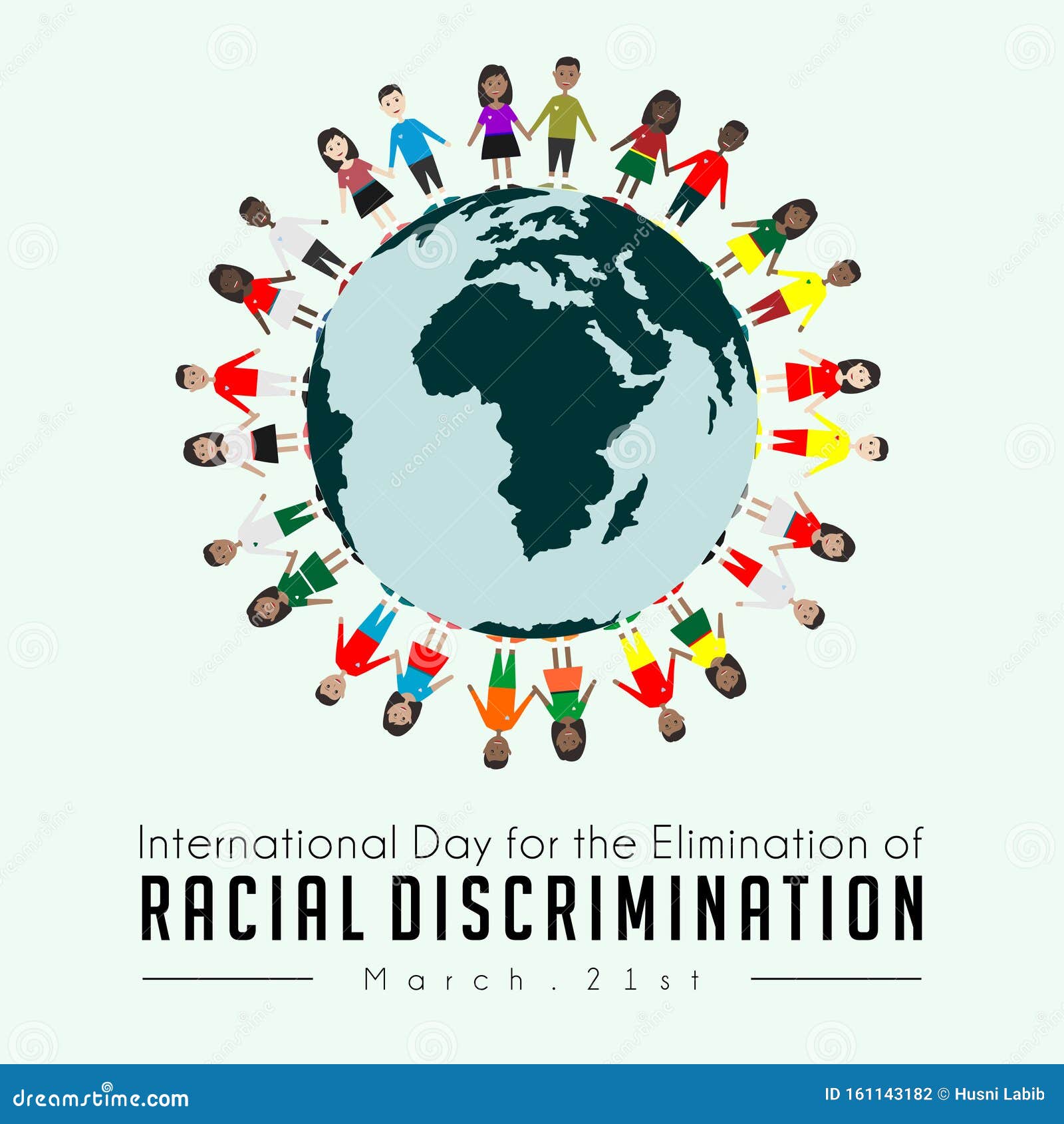In an increasingly interconnected world, the specter of racial discrimination persists as a formidable challenge, unraveling the very fabric of social harmony. Observations indicate that racism, in various insidious forms, is a deeply entrenched societal ailment that transcends geographical and cultural boundaries. This persistence invites reflection upon the moral framework and teachings of the Baha’i Faith, particularly in connection with the International Day for the Elimination of Racial Discrimination.
The Baha’i teachings emphasize the oneness of humanity, positing that all individuals, irrespective of race, nationality, or creed, are fundamentally equal. This foundational assertion challenges the prevailing paradigms of division and prejudice, which often fuel racial discrimination. The Baha’i writings elucidate this philosophy, asserting that a true appreciation of human unity necessitates the dismantling of barriers that enable the perpetuation of racism.
In exploring the Baha’i perspective on racism, one must acknowledge the multi-faceted nature of discrimination. It is not merely a byproduct of ignorance; rather, its roots intertwine with historical injustices, socio-economic disparities, and deeply ingrained cultural narratives. Recognizing the systemic nature of racism necessitates an examination of the broader socio-political context within which these attitudes thrive. As such, the Baha’i Faith advocates for a holistic approach to dismantling these destructive ideologies.
One cornerstone of the Baha’i teachings is the imperative of education as a transformative force. Education serves as a crucial vehicle for fostering mutual understanding, promoting empathy, and facilitating dialogue among diverse communities. It empowers individuals to critically assess and confront prejudicial attitudes, thereby engendering an environment conducive to the promotion of racial harmony. Baha’is are called to actively engage in educational endeavors that challenge the narratives surrounding race and cultivate an ethos of acceptance.
The International Day for the Elimination of Racial Discrimination is observed annually on March 21, serving as a poignant reminder of the global struggle against racism. This day commemorates the Sharpeville Massacre, a harrowing event that exemplified the urgency of addressing racial injustices. The Baha’i community aligns itself with this observance, using it as an opportunity to reiterate its commitment to combating racial prejudice through a spiritual lens.
Moreover, the Baha’i teachings underscore the importance of the concept of justice as a social imperative. Justice, as articulated within the Baha’i framework, is not merely a legal construct; instead, it embodies a profound moral obligation to uphold the dignity and rights of individuals regardless of their racial or ethnic backgrounds. This emphasis on justice compels Baha’is to confront and rectify systemic inequalities that persist within societies, urging individuals to consider their own roles in perpetuating or alleviating racial discrimination.
A key aspect of Baha’i teachings is the celebration of diversity. The Faith posits that diversity among peoples is not only natural but also beneficial, enriching the human experience. This perspective challenges the monolithic views that often underpin racist ideologies. By embracing the multiplicity of human identities, Baha’is advocate for a worldview that values contributions from all races and cultures, promoting a genuine appreciation for the unique attributes that each group possesses.
The Baha’i community is also encouraged to engage in acts of service that further the cause of racial equality. This calls for active participation in initiatives aimed at addressing social injustices, fostering inter-community relationships, and advocating for equitable policies. Acts of service become a manifestation of the Baha’i commitment to building harmonious societies where racial discrimination is vehemently opposed and dismantled.
Furthermore, the interconnectedness of all peoples as articulated in Baha’i doctrine calls forth a reevaluation of international relations. Given that racism is not confined within national borders, the Baha’i teachings advocate for global cooperation in advancing racial equity. This necessitates a concerted effort from governments, organizations, and civil society to develop comprehensive policies and strategies that confront racism in all its forms. The promotion of international dialogue around these issues is essential to fostering a unified front against discrimination.
The teachings of Baha’u’llah, the founder of the Baha’i Faith, resonate profoundly within this context. His admonitions against prejudice serve as a clarion call for individuals to transcend their biases and prejudgments. By recognizing that their identities are inextricably linked with the collective experience of humanity, Baha’is are inspired to strive towards creating a more inclusive and equitable world. This moral imperative aligns seamlessly with the ethos of the International Day for the Elimination of Racial Discrimination, urging individuals and communities to reflect upon their roles in perpetuating systemic injustices.
In conclusion, the ongoing quest to eradicate racial discrimination calls for a profound re-examination of personal and societal beliefs. The Baha’i teachings offer a comprehensive framework for understanding and addressing racism through the lens of unity, justice, education, and diversity. As the world commemorates the International Day for the Elimination of Racial Discrimination, Baha’is are reminded of their responsibility to uphold and promote these principles, contributing to a collective movement towards a future free from the blight of racism. Embracing the tenets of the Baha’i Faith is not merely an ideological stance; it is a call to action that compels individuals and communities to cultivate a world that celebrates rather than denigrates the rich tapestry of human existence.
